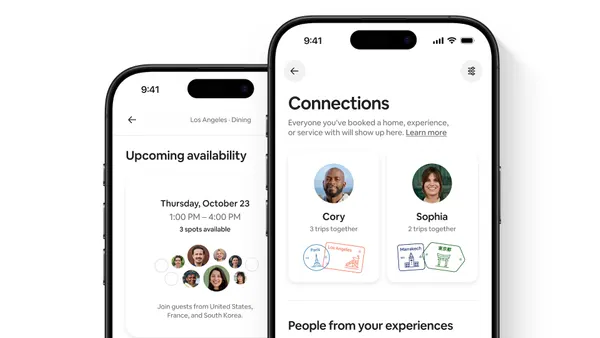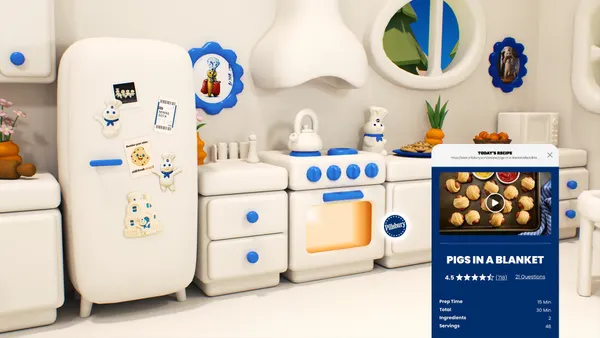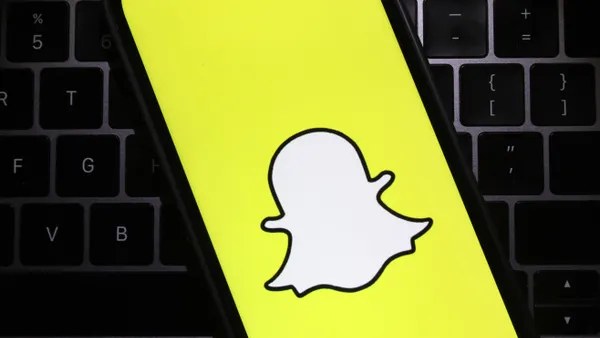Dive Brief:
- Cars.com added a "Hot Car" function to its digital pricing tools, which uses a machine learning algorithm from the site to identify the vehicles that are most likely to sell quickly, per a news release. "Hot Car" bases its insights on car make and model, geographic demand, length of time for sale, pricing and consumer behaviors
- Initial testing of the tool led to double-digit increases in conversion and showed strength on mobile, in particular. Analyzing vehicle supply, demand and pricing data in specific areas, Cars.com said it can inform consumers' decisions on a vehicle's quality and create a sense of urgency that also benefits local retailers by increasing views, lead conversion and inventory turn rate.
- Used vehicles with a 70% chance of being sold within seven days will be tagged with a "Hot Car" badge. New vehicles will receive the badge when they have a 70% chance of selling within 20 days. The new badge joins the group of price contextualization tools, including "Great Deal," "Good Deal," "Fair Price" and "Well-Equipped" that Cars.com introduced in October last year.
Dive Insight:
Cars.com is leveraging its existing trove of data on car buying and selling and applying machine learning to help consumers make more informed shopping decisions based on that data. The "Hot Cars" badge furthers the digital vehicle marketplace's investment in AI and related cognitive technologies to create more streamlined and personalized online shopping experiences. These offerings might help brand the brand better reach audience segments like millennials, who are buying fewer cars but favor shopping channels like e-commerce and mobile, the latter of which performed particularly well with the new badge. Cars.com first launched AI-powered tools last fall to provide relevant vehicle recommendations for users and to help them more easily compare prices and features.
AI and machine learning are becoming more enticing for marketers as a way to wrangle and analyze large quantities of data and deploy them to add value to customer interactions. Many marketers are using the technology to offer product recommendations, answer questions and sign people up for loyalty programs. The research group Forrester predicts that 20% of companies will use AI in 2018 to make business decisions and automate communications to offer customer service and support, including through channels like chatbots.
Retail is also driving marketers' spending on AI this year, with retailers expected to invest $3.4 billion in the technology category to develop shopping advisers, merchandising for omnichannel operations and product recommendations, according to the International Data Corporation. Globally, spending on cognitive and AI systems is projected to grow 54.2% in 2018, reaching $19.1 billion, per the IDC.












